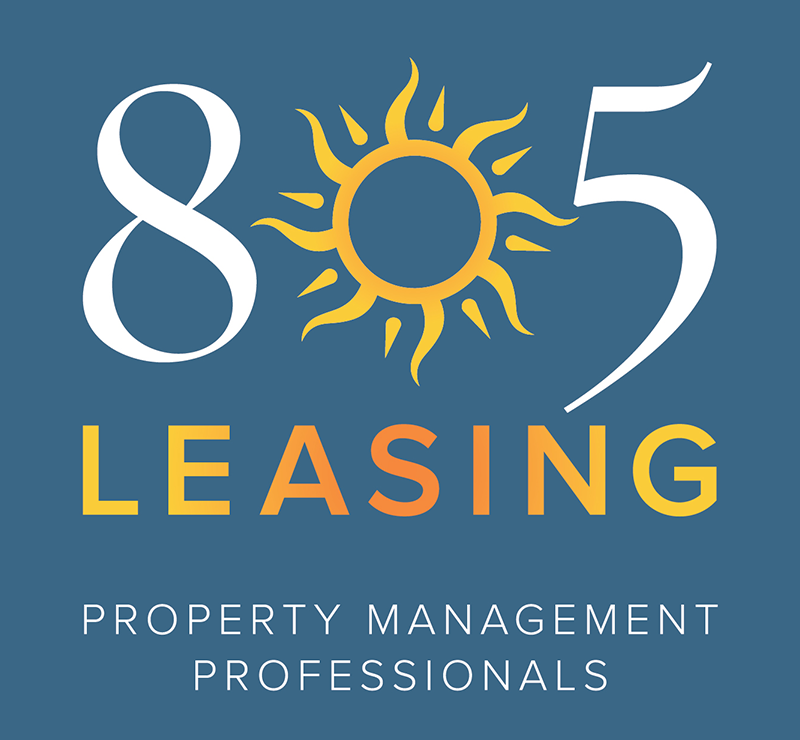Please be sure to look under the Apply Now tab for more available properties that may not be in the MLS or shown here.
Homestead
The Homestead Law is technical in nature and complex in its application. A Declaration of Homestead, which is not properly prepared, may be invalid. The following is for general informational purposes only and should not be considered legal advice. We therefore suggest that you contact an attorney for any legal advice on your specific situation.
What is the purpose of the homestead exemption?
The homestead exemption gives you rights against many debts you might incur through accident, illness or misfortune. However, there are limitations and exceptions. The policy underlying homestead laws is to provide a place for the family where they may live free from the anxiety that it may be taken from them.
How does the homestead exemption work?
Example: If the market value of your home is $120,000 and you have a first mortgage or deed of trust of $65,000 and a second mortgage of $25,000, you have an equity of $30,000 in your home. The homestead exemption protects this equity against creditors.
What is a judgment lien?
When you owe someone money he is considered your creditor. If a creditor sues and wins a judgment against you, he can file a lien against your home. The homestead exemption is protection against such liens.
What kind of property is covered?
A house, a condominium, a duplex, a mobile home, a community apartment project, or a planned development.
Who is eligible for this homestead exemption?
Every homeowner who resides in his or her home is entitled to this protection. A person can only have one valid homestead at a time.
Are there limits to the amount of equity protected?
Yes, for married couples, or single parents with dependents living at home the homestead exemption is $75, 000; unmarried individuals, $50,000. For persons 65 years or older, or for persons physically or mentally disabled, the exemption limit is $100,000.
What situations are not covered by the homestead exemption?
Judgment liens recorded before you have recorded your Declaration of Homestead will attach to the house. Loans or debts secured by the property (mortgages, deeds of trust, etc.) are not covered by the homestead exemption. When you voluntarily put up your home as security against a debt, a homestead will not protect it. When a contractor or laborer puts labor or materials into repairs or improvement on your property, and you do not pay him, the homestead exemption will not protect against the mechanic's lien. Tax liens by federal, state and local governments.
Can I remove the homestead exemption if I want to?
Yes. You can remove the homestead exemption at any time by filing a form called Abandonment of Homestead. Also, if you were to record a homestead on another property, it would remove the homestead on the first property. When you sell your home, the homestead on it is automatically removed.



